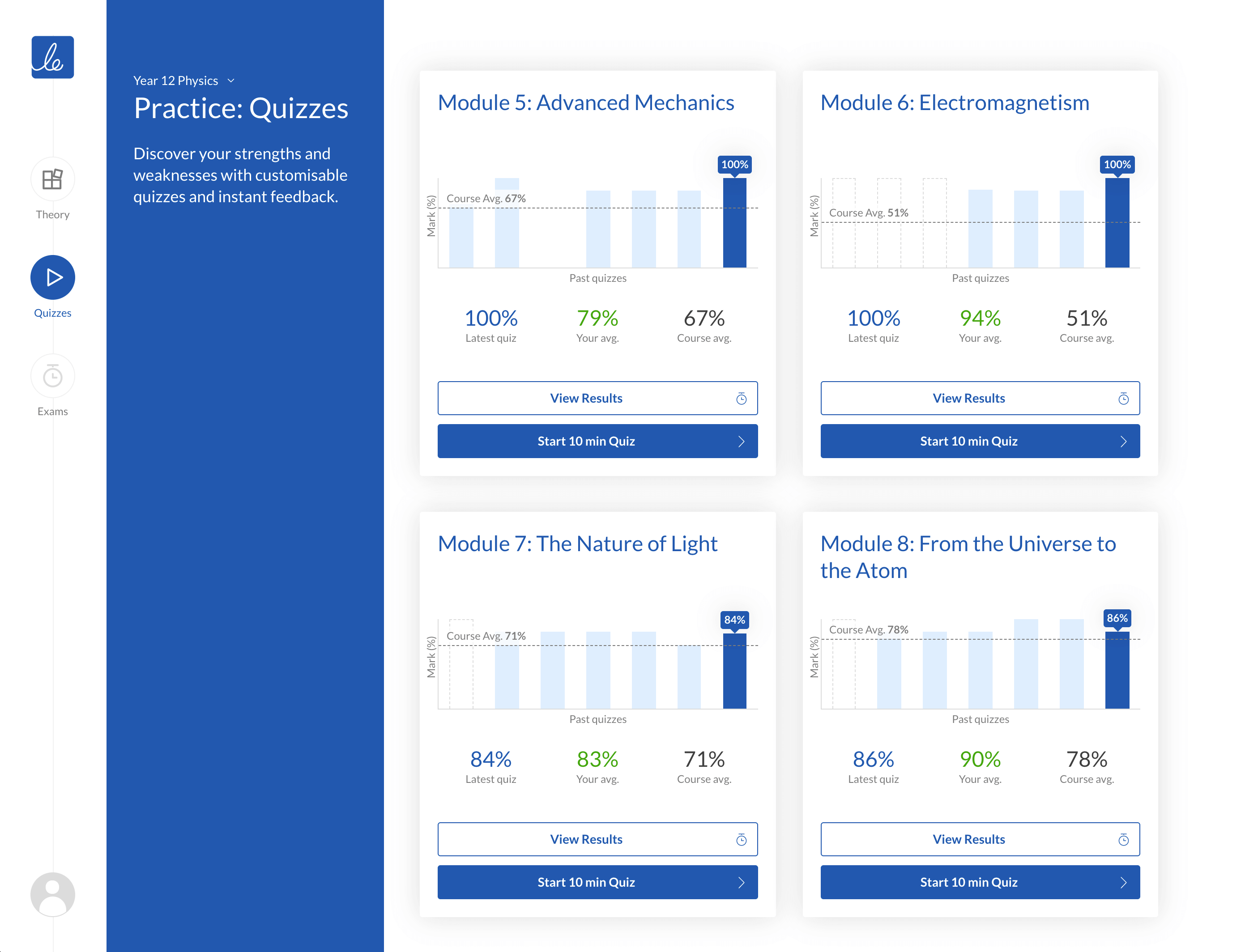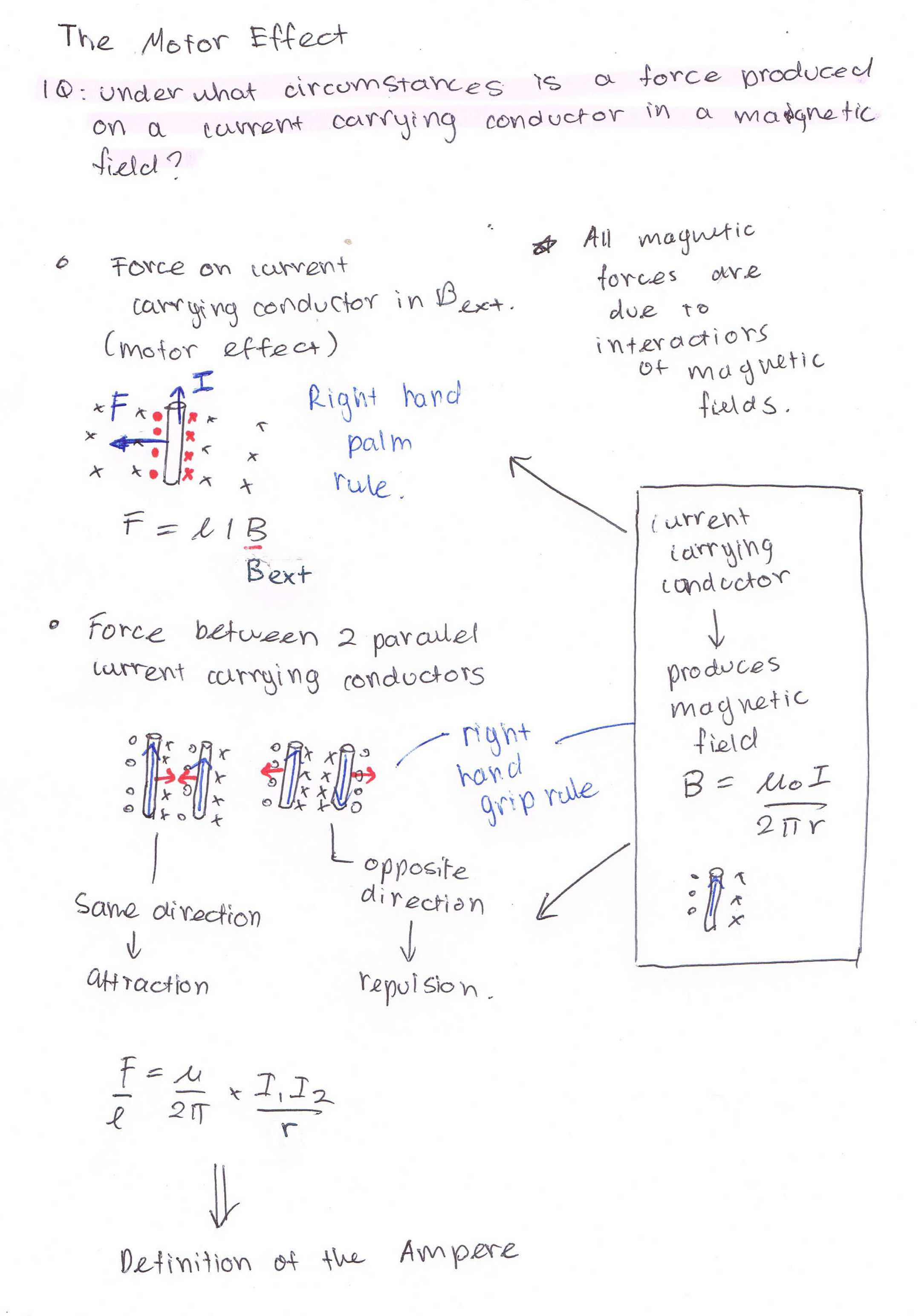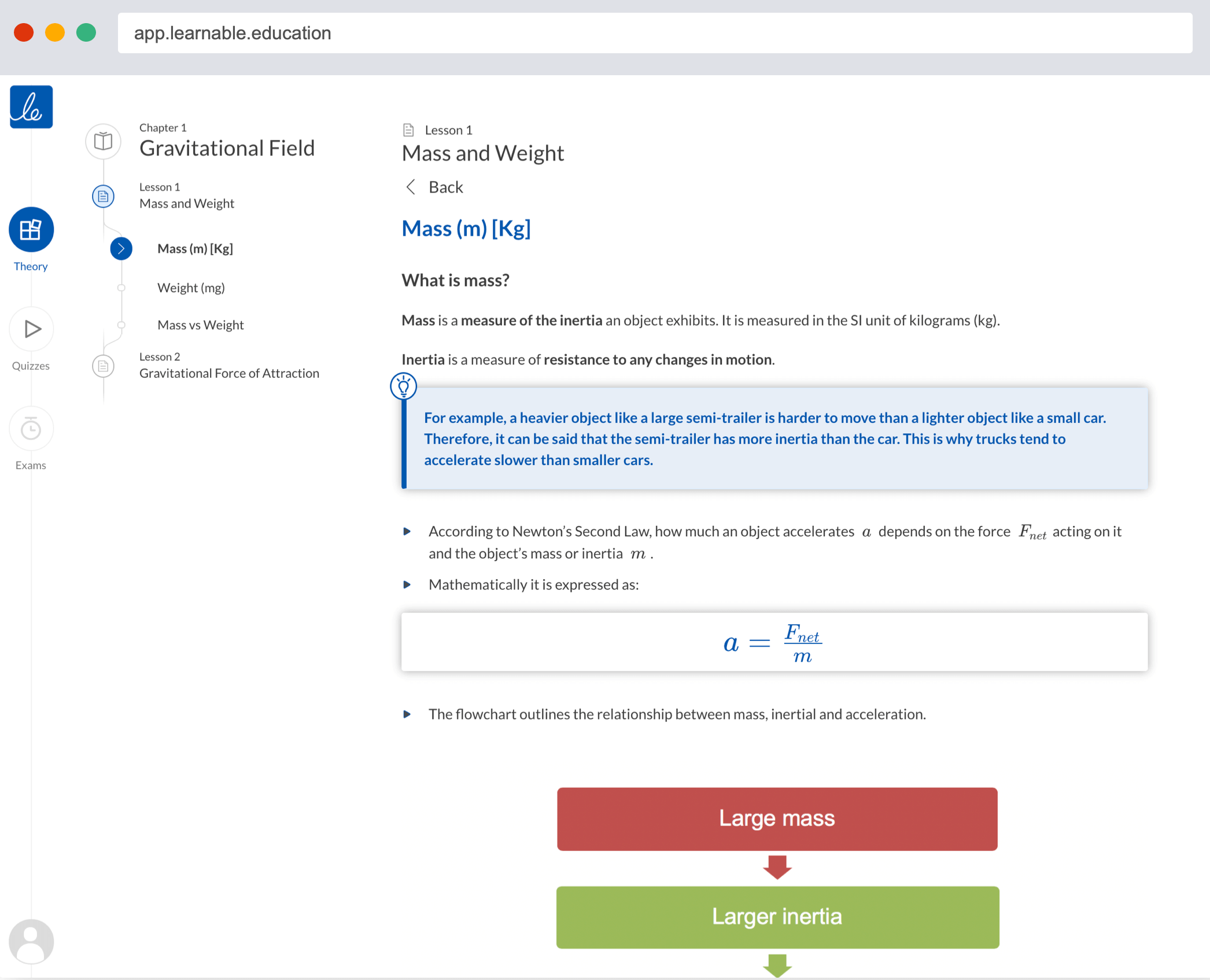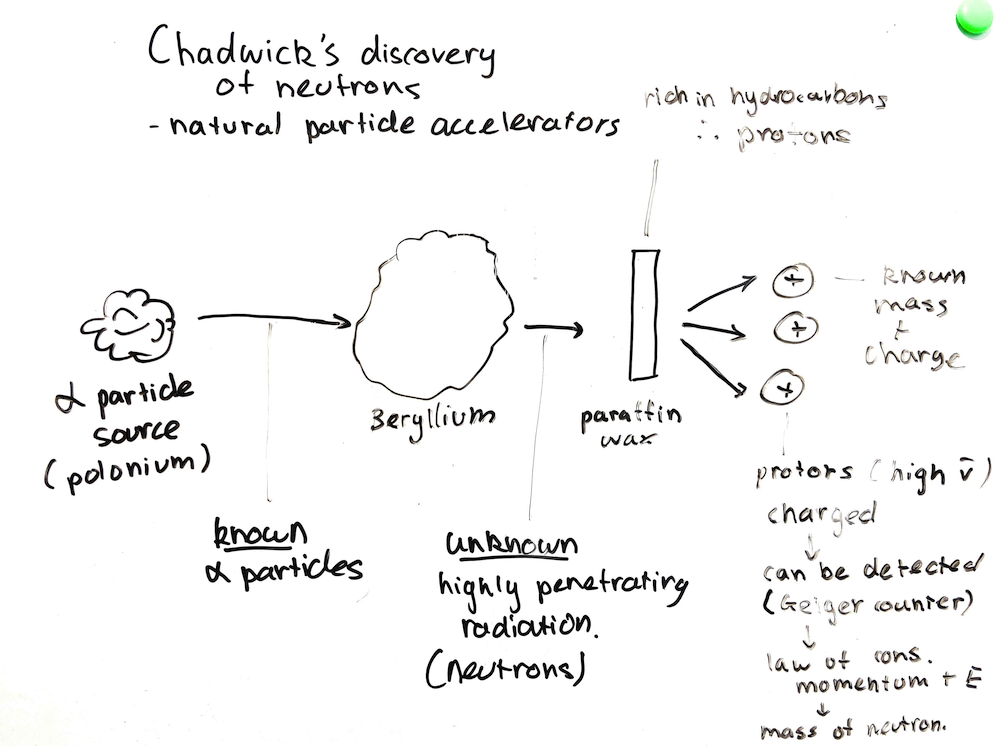In this article
How I achieved a Band 6 in HSC Physics 2019 | By Varisara Laosuksri
2019 St George Girls High School graduate Varisara Laosukri achieved Band 6 in HSC Physics. Read her study secrets that helped her achieve her HSC goals.
St George Girls High School graduate Varisara Laosuksri achieved Band 6 (94/100) in HSC Physics. She also studied English Advanced, Maths Ext 1, Maths Ext 2, Chemistry for her HSC in 2019. Varisara shares the study secrets that helped her achieve her HSC goals.
In this article, Varisara reveals:
- Why I chose to study Physics
- The process that helped me achieve Band 6 in Physics
- The resources that helped me get a Band 6 in Physics
- In hindsight: Stop, do, and more
- My Physics study tips
- My advice to future Year 11 and 12 Physics students
1. Why I chose to study Physics
I chose to study Physics because throughout my junior years I really enjoyed maths and science. Although the preliminary Physics course was not my favourite, the HSC topics were much more interesting and well worth the wait.
What I liked about Physics
What I like about studying Physics is that it makes me look at the world differently and helps me appreciate how our universe is governed by a set of rules which can be reduced to a set of mathematical equations.
The topic I found most fascinating by far was Einstein’s Special Theory of Relativity. It just makes you rethink everything you know.
In terms of Physics as an HSC subject, I really like how Physics is not a content-heavy subject but has a good mix of problem-solving and calculations.
Studying Physics has also made learning the ‘mechanics’ topic of Maths Extension 2 much easier.
What I disliked about Physics
My least favourite aspect of Physics was the practicals. I found them hard to understand and quite frustrating to do, unlike the Chemistry practicals which were much more exciting.
Despite this, I would choose Physics again if I was to repeat the HSC.
2. The process that helped me achieve Band 6 in Physics
My process for achieving Band 6 in Physics involved 5 steps and is described below.
Step 1: Making detailed notes
For writing notes the first time around, I preferred to make detailed notes. I found that handwriting notes and drawing diagrams allowed me to develop a conceptual understanding of the topic. Watching relevant youtube videos also helped.
A picture of my detailed notes on the ‘explanation of the photoelectric effect’ is shown below.

I relied mainly on the Matrix theory book and Learnable for making detailed notes and for developing a deep understanding of the key Phyiscs concepts . I also checked against my school notes and textbook to ensure I covered everything.
Step 2: Condensing notes into flowcharts
The next stage in my studying was to condense the notes into flowcharts. They are incredibly useful as they break down the information into simple logical steps and therefore are much easier to remember.
Using flowcharts to condense my notes was key to helping me write Band 6 Physics responses.
Flowcharts were also a great way to structure extended response questions and was an approach that DJ encouraged me to apply.
Below is a flowchart that I used to explain the effect of the energy carried by a photon on the maximum kinetic energy of a photoelectron.

Step 3: Practice, practice, practice!
I would do Physics practice questions from a variety of sources and mark them immediately to identify any gaps in my understanding. This prompted me to conduct extra research and add to my notes before I did further questions to target these weak areas.
The customisable quizzes on Learnable was a great tool for identifying and targeting the topics that I wasn’t confident in. One of the things I really liked about Learnable’s quizzes was the ability to track my performance against others in my cohort. It really motivated me to do better in every quiz.
A screenshot of my Quiz Dashboard from Learnable is shown below.

Whilst doing practice questions, I discovered that I struggled with answering extended response questions. I wasn’t able to write succinctly, logically and sequentially as required. Learnable’s extended response frameworks were really helpful in teaching me to structure answers in a logical and sequential manner.
Step 4: Connect the dots
To help me organise my thoughts, I made mind-map summaries for each inquiry question.
Mind-map summaries were one of the tools that helped me get a Band 6 in Physics.
Below is a mind-map summary for the Motor Effect inquiry question:

It helped me take a step back to see how each of the individual sub-topics were connected and allowed me to develop a holistic understanding of the module.
Step 5: Testing myself with friends
During the days leading up to exams, I would call my friend and we would give each other questions to answer. By helping each other identify points for improvement and further questioning each other, it made sure that we had a deep understanding of the content. We were able to save time and cover a greater variety of questions by sharing and discussing difficult questions we had individually encountered.
Verbalising our thoughts was a great way to test our understanding.
Not only was it an effective way to consolidate information and practice our recall but it was a great way to build confidence and relieve stress.
3. The resources that helped me get a Band 6 in Physics
The Physics resources I used during Year 11 and 12 are listed below:
- Matrix Theory Book and Workbook
- Learnable
- School notes
- Textbook
- NESA sample questions
- HSC Trial exam papers from various schools
How I used each resource to support my learning.
Below is a table listing how I used my resources to achieve Band 6 in Physics.
| Purpose | Resources used |
| Revising and making notes | Matrix Theory Book, Learnable, school notes and the textbook |
| Practice questions | Learnable Quizzes, Matrix Workbook, textbook chapter summaries and NESA sample questions |
| Exam Preparation | HSC Trial papers from other schools and mock exams to practice under timed conditions. |
The resources I found the most helpful
I found Learnable Physics resources the most helpful.
Ever since I had access to Learnable, it was always my go-to resource.
A key quality that makes Learnable so valuable is how convenient it is to use. It was like being able to carry the Matrix Theory Book around everywhere in my laptop which made it a lot easier to learn and review the content at school and at libraries. This allowed me to maximise my study time.
Often, as I waited for my class to get settled in or if I finished my work early, I would open up Learnable and review the relevant topics for that lesson. Sometimes I even found the time to work on my notes.
Learnable was so helpful because the content is neatly organised with a clean minimalist design. This made it easier to absorb the information in comparison to reading large chunks of text from textbooks which can often be overwhelming. The simplistic design makes it effortless to navigate and quickly locate key information.

Since Learnable was designed for the new Physics syllabus, it was a valuable source of relevant and reliable information. It eliminated the need to search for information online and filter through pages of semi-relevant and often questionable information online. This proved extremely useful for any small self-directed learning activities we received in class. It helped save time and frustration.
The resource I found the least helpful
I found the school textbook the least helpful despite it being a good resource for practice questions.
Unlike Learnable, where the information provided is concise and to the point, I felt the textbook contained a lot of extra information that you have to filter through. In terms of convenience, it also falls short. I could only really use it at home because the physical copy was too heavy to carry with me and the online version was very slow and frustrating to use.
The resource(s) I would recommend for studying Physics
For learning and reviewing content, I highly recommend Learnable. It has certainly made studying for Physics so much more efficient and I really wish I had access to it earlier.
For exam preparation, past papers and sample NESA questions are invaluable.
I can’t stress enough how important it is to be exposed to a variety of different questions as much as possible, especially for physics.
4. In hindsight: Stop, do, and more
What I should have stopped doing in Year 12
Focusing too much time and effort into writing notes. In hindsight, making notes was not the most effective use of my time as it meant that I had less time to practice the exam techniques required to earn marks.
Instead, what I should have done was jump straight into doing exam-style questions, see what I could remember from school and Matrix Education. Then learn from the answers and writing notes only on the areas I really struggled with. Not only would I be more familiar with the marking criteria from an earlier stage, but I think I would have a more well-rounded understanding of the topic as some of the more difficult questions bring up concepts that I would not have included in my notes.
And looking back on my notes now, there was really no need to make notes for half of advanced mechanics.
What I was doing really well in Year 12
Making the most of my class time and study periods. Being a fast walker probably helped. By getting to class quickly and being focused on the task, I could often finish early and this gave me extra time to do homework or extra study.
What I should have done more in Year 12
A greater variety of practice questions and challenging problems as well as further research beyond the syllabus.
5. My Physics study tips that will help you achieve a Band 6 in Physics
My three Physics study tips that helped me become an effective Physics student are outlined below.
1. Make a list of mistakes
In Physics, there is a lot of room to make silly mistakes which can cost you valuable marks. To overcome this, create a google doc for all your Physics mistakes. Whenever you make a mistake while doing practice questions, add it to the doc. If you make the same mistake, slightly increase the font size of that mistake. Repeat. This system will allow you to quickly identify your most common mistakes and review them before topic tests or assessment tasks.
2. Use a whiteboard
If you are a visual learner like me, you should use a whiteboard to add diversity to your studying. I found it to be a much more engaging and easy tool to use when practicing recalling flowcharts, derivations and diagrams than simply using pen and paper.

You can also use a whiteboard to do a big mind map to get a bigger picture of how different parts of the syllabus connect. I think being able to see how different ideas and modules connect is really important, especially when dealing with extended response questions.
3. Get organised with equations
With the vast number of equations required in Physics, it can be quite overwhelming to learn when and how to apply. Getting on top of all the different formulas and derivations was something I struggled with in Year 11 Physics
To help me get organised with equations, I developed a colour coding system in my notes where all the equations that were on the reference sheet were purple, whereas all the equations I had to commit to memory or learn to derive were pink. This helped save time as I knew exactly which equations and derivations I had to remember.
Although this is a good way to get started, by the end of year 12 you should be familiar with all the equations not only with how to use them in calculations but also when to include them in written responses to strengthen your answer.
As Learnable founder, DJ Kim says: If you don’t know your equations you haven’t done enough practice.


6. My advice to future Year 11 and 12 Physics students
If you are aiming to achieve a Band 6 in Physics, you will find the following advice invaluable.
Understanding is key!
Physics is not a subject you can rote-learn. Memorising big chunks from the textbook or memorising answers to questions is not the best way to approach this subject. The 2019 Physics HSC examination is proof of this. Instead, you should focus on having a deep understanding of the underlying Physics principles behind each of the processes that you are studying. This not only eliminates the need for memorisation but means that you will be prepared to answer a variety of questions and address unseen problems.
Don’t neglect the basics
Although the preliminary course can be quite tedious at times, it provides a very important foundation for year 12 and shouldn’t be overlooked. This is one of the biggest mistakes I made going into the HSC.
It is never too early to start doing questions and past papers
Even if you feel like you don’t completely understand the content yet, you should still have a go at practice questions and learn by looking at the sample answers.
I found that exposing myself to a variety of exam-style questions was the fastest way of solidifying my understanding and highlighting areas of weakness.
If you wait till the day before your exam to do the past papers, it may be too late to patch up any gaps in your understanding.
Learnable Education and www.learnable.education, 2019. Unauthorised use and/or duplications of this material without express and written permission from this site's author and/or owner is strictly prohibited. Excerpts and links may be used, provided that full and clear credit is given to Learnable Education and www.learnable.education with appropriate and specific direction to the original content.